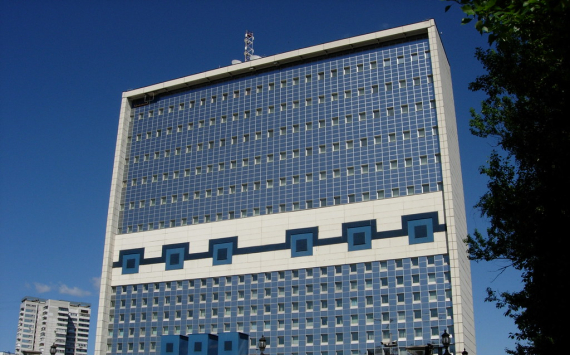
Strangulation Sanctions
The recent US “strangulation” sanctions on foreign exchange have demonstrated their potency, causing a disruption in Russia’s payments to its allies. This has precipitated a significant drop in export volumes this year.
The US introduced smart sanctions in December, targeting banks in Russia’s allied countries, leading to severed ties with Chinese and Turkish banks. The OFAC expanded these sanctions to include ‘strangulation’ FX sanctions, sanctioning MOEX and causing the CBR to stop trading the dollar and euro on the MOEX exchange.
While the parallel over-the-counter (OTC) market continues to operate, allowing Russian businesses and individuals to buy and sell foreign currency, the sanctions have widened the spreads and complicated the settlement of Russia’s international trade deals.
The CBR has been bracing for these sanctions since their initial proposal in 2014. However, at a recent meeting, senior officials began to express increasing concern as the regulator seeks a solution.
Vladimir Chistyukhin, First Deputy Chairman of the Central Bank, voiced his concerns at the St. Petersburg Economic Forum. He stated, “We must do everything in our power to keep the wheels turning. What seemed unpopular to us yesterday swaps (including central banks), some clearing systems, the use of crypto everything needs to be tested, everything needs to be tried as quickly as possible. Because if there are no normal payments for products in foreign economic activity, for our export- and import-dependent country, it’s simply all, it’s ruin.”
Since December, the payment situation has deteriorated. An analysis of customs data by The Bell revealed a one-third reduction in imports from key trading partners such as Turkey and Kazakhstan in the first quarter of 2024.
Sanctions enforcement has escalated, with the EU banning Russia’s SWIFT alternative, SPFS, and the Bank of China’s Russian subsidiary suspending payments from Russian banks. Chistyukhin highlighted the effectiveness of ‘strangulation’ sanctions. The SPFS ban impacts countries trading with Russia and the West, potentially leading to a drop in Chinese imports and a rise in electronics prices. If imports fall, the ruble may strengthen due to reduced importer demand.










































